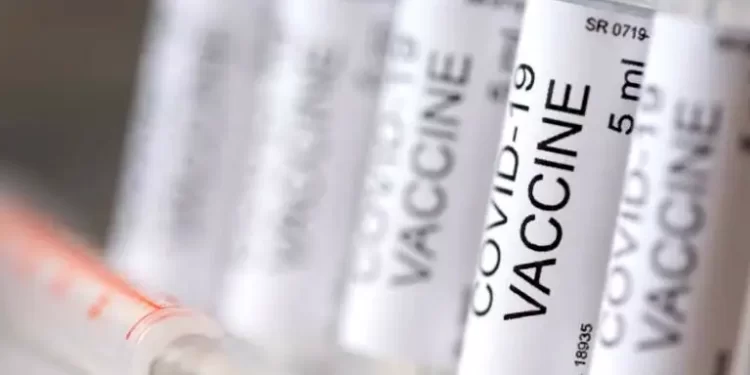Last week, the Federal Government authorised the destruction of over one million doses of expired Astrazeneca COVID-19 vaccines. Faisal Shuaib, Head of Nigeria’s National Primary Health Care Development Agency, NPHCDA, explained that the doses which were donated to the country with short shelf life, could not be used before their expiration date.
He blamed the development on rich countries whom he accused of hoarding vaccines only to donate them to poorer countries at the point they were about to expire.
Since March this year, Nigeria has struggled to access doses amid the vaccine apartheid challenges.
Although the NPHCDA boss affirmed that Nigeria would no longer accept vaccine doses with short shelf life, the impact of destroying such a large quantity of vaccine doses amid a chronic shortage could not be dismissed with a wave of the hand.
Nigeria does not make vaccines and has not been as committed to purchasing doses either. As it is, the nation has a narrow window of access to vaccines and is dependent on donations and third party arrangements to procure doses.
The expiration of COVID-19 vaccines is not uncommon because many countries have reportedly disposed expired COVID-19 vaccine doses, but the quantity disposed in Nigeria is worrisome because it is the highest single incident reported to date.
In July, the World Health Organisation, WHO, confirmed the expiration of thousands of doses of COVID vaccines in at least 10 African countries, before they could be administered due to the short shelf life. The development was a consequence of delays in shipment of vaccine doses, notably AstraZeneca, which could not be rolled out before expiration. Several European countries have also reportedly destroyed expired vaccines.
Since the detection of the highly infectious Omicron variant in the country, Nigeria has been seeing increases in confirmed infections. Just last week, the Nigeria Centre for Disease Control, NCDC, documented a 500 per cent increase in cases over the past two weeks.
In the wake of the emergence of the Omicron variant that has acquired community transmission in the country, the perpetuation of vaccine apartheid or vaccine nationalism should stop. Nigeria must initiate and sustain an active and deliberate campaign to checkmate vaccine hesitancy at all levels.
The mass vaccination campaign launched to encourage more people to be vaccinated, needs to be holistic and the coverage should reach the grassroots.
The task of disbursement of short life span vaccines would only exponentially magnify the technical and logistical burden on the already overburdened health system.
There should be a change in how COVID-19 vaccines are received and procured. To avoid wastage and prevent the undermining of the vaccination campaign, Nigeria should no longer accept donations of short shelf life doses.
At the same time, the recommendations by the African Vaccine Acquisition Trust, the Africa Centres for Disease Control and Prevention and COVAX, for the improvement of the quality of COVID-19 vaccine donations to African countries should be enforced.
In future donated vaccines should have a long enough shelf life remaining at the time of arrival in the country. Intentions to donate vaccine doses should be declared long enough before delivery, and should be accompanied by essential supplies, such as needles and syringes.
To tackle vaccine hesitancy, government must disburse continuous and sustained public information, education and communication to debunk myths and misconceptions about the safety and efficacy of vaccines, while promoting their benefits. Nigeria should be committed towards financial investment, research and development of vaccines.
Indeed the commitment to local vaccines manufacturing is non-negotiable. In addition, Nigeria should immediately initiate moves to revive the moribund vaccine manufacturing laboratory in Yaba, Lagos, and in other parts of the country towards improving access to vaccines in the country and rest of Africa.






